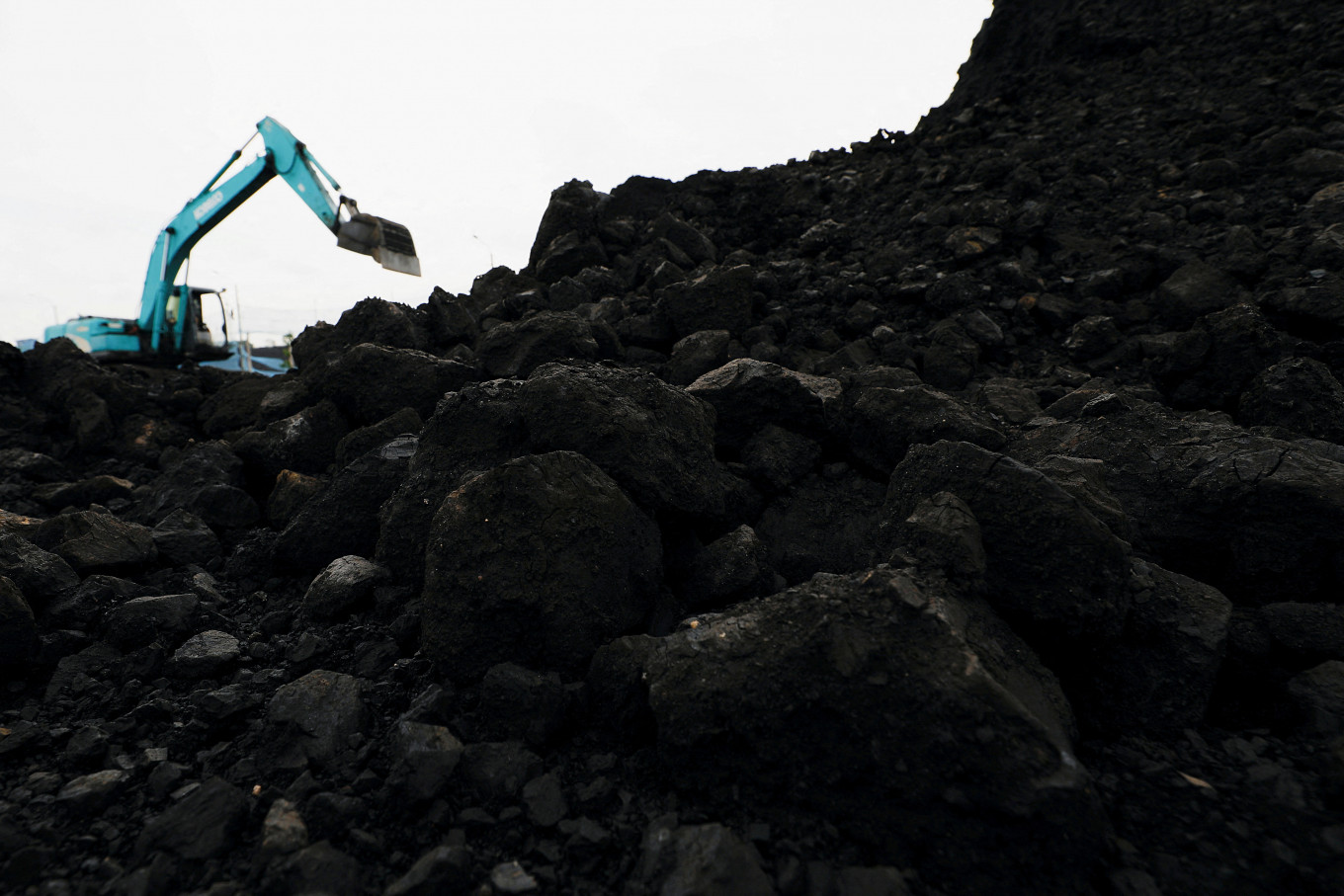Popular Reads
Top Results
Can't find what you're looking for?
View all search resultsPopular Reads
Top Results
Can't find what you're looking for?
View all search resultsRI trade performance cools amid continuing surplus
November exports grow at slowest pace since 2020, imports still in decline since August.
Change text size
Gift Premium Articles
to Anyone
I
ndonesia’s trade performance was not quite as brisk as expected in November, with an erosion of export growth and a drop in imports amid a continuing trade surplus.
According to a Statistics Indonesia (BPS) press briefing on Thursday, exports rose by 5.58 percent year on year (yoy) to US$ 24.12 billion in November, the smallest increase since November 2020.
Meanwhile, imports fell 1.89 percent yoy to $18.96 billion, marking the first decline this year.
Since its peak performance in June, export growth has fallen some 41 percent yoy as commodity prices stumble over fears of lower demand in the face of a possible global slowdown.
Import growth, meanwhile, has been steadily declining since August amid a fuel price hike that has hampered domestic consumption. On a monthly basis, exports and imports fell by 2.46 percent and 0.91 percent, respectively.
“We hope that [a reduction in capital goods imports] did not happen in Indonesia,” BPS deputy head Muhammad Habibullah told reporters.
Indonesia maintained its trade surplus for a 31st consecutive month in November, exporting $5.15 billion more than it imported, higher than the estimate of $4.64 billion by state-owned Bank Mandiri but slightly lower than the $5.30 billion projected by Moody’s Analytics.
Read also: Indonesian factories to feel trade slowdown in 2023
The largest losses in exports occurred in the oil and gas sector, which fell by 15.23 percent yoy on weak sales of processed oil products, followed by the agricultural sector, which dropped by 2.2 percent yoy due to decreased sales of pearls and produce.
Although manufacturing exports continued their growth with a 2.57 percent yoy increase, it was still the lowest figure this year as a result of sluggish sales of crude palm oil (CPO), four-wheeled vehicles, vehicles with more than four wheels and agricultural chemical substances.
Shipments from the mining sector, meanwhile, grew by 22.21 percent yoy, although coal and iron ore sales faced lower export gains on a monthly basis.
The overall export slowdown was largely a result of weak CPO, coal and automotive parts sales, amid heavy purchase cuts by China, India and Pakistan.
“There is a policy to increase domestic coal production in India,” Muhammad noted.
Imports of consumption goods fell by 16.20 percent yoy amid lower demand for beef and vaccines, while raw material and auxiliaries imports decreased by 1.82 percent yoy on lower demand for diesel fuel, crude oil and wheat.
Capital goods imports, on the other hand, increased by 7.30 percent yoy on rising demand for laptops and heavy machinery. Most of the import slowdown was attributable to lower domestic demand for cereals, precious metals and coal from Australia, Canada and Bulgaria.
“There is nothing that should be worrisome, because the major slowdown is in consumption,” Muhammad continued.
Trade Ministry policy agency head Kasan Muhri said on Thursday that there had already been multiple “warnings” about ailing export growth amid global inflation and geopolitical issues.
Struggles in foreign economies, he said, would inevitably lead to a smaller global appetite for Indonesian products.
He noted that Indonesia was less exposed to world trade than the rest of Southeast Asia, meaning it would likely be less affected by a decline in world demand.
He said the government would pivot to non-traditional export markets to manage risks, including to India.
“When there is huge [economic] turmoil in foreign countries, the same huge impact will only be felt with countries that have huge trade openness,” Kasan told reporters. “That is our blessing.”
Read also: Exports rise on increased China, India demand
Indonesia Employers Association (Apindo) manufacturing industry head Johnny Darmawan told The Jakarta Post on Thursday that as long as the country concentrated on commodities, sooner or later export growth would dry up.
He advocated for diversification to value-added goods, which would mean more support for the domestic manufacturing industry, including the maintenance of local content requirements (TKDN).
“The important thing is that we stay consistent [on policies],” Johnny said.
World Bank Indonesia and Timor-Leste lead economist Habib Rab said on Thursday that the sluggish export growth reflected a general slowdown in global demand.
Normalization in commodity prices was also a factor, he said, particularly in CPO prices, which had peaked in the middle of the year but had started to decline. Moving forward, he noted, coal prices were expected to decline as well.
World Bank data shows that CPO prices declined by 29.46 percent yoy to $945.7 per tonne in November, while coal prices more than doubled yoy to $342.2 per tonne.
“With global demand projected to slow next year, manufacturing and other non-commodity exports might be might be adversely affected,” Rab told reporters.










